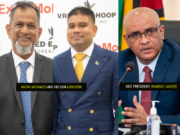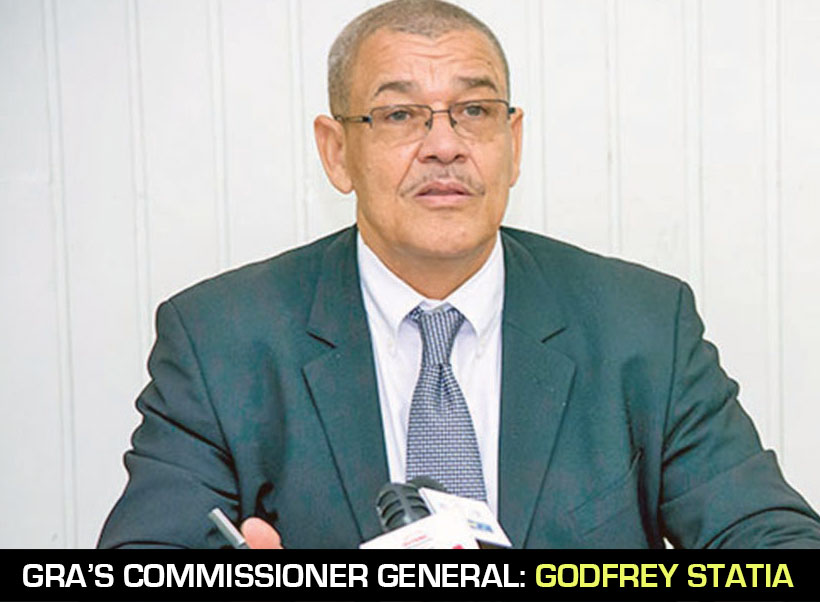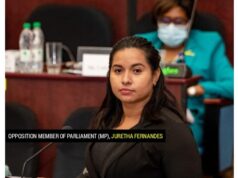Some oil and gas experts have said that the answer to preventing the dreaded “resource curse” lies in the establishment of a Sovereign Wealth Fund. Others contend that it lies with fortification of local regulatory bodies.
But Commissioner of the Guyana Revenue Authority (GRA), Godfrey Statia thinks that while those are all “good options”, they would all be subjected to some form of “discretion.” The Commissioner General said that therefore, there is a need for policies and procedures that can minimize the discretionary element a government would have over decision making in the oil sector.
Statia, who has experience in auditing oil firms abroad, shared this perspective during an interview with Guyana Standard.
The resource curse, also known as the paradox of plenty, refers to the irony that countries with an abundance of natural resources tend to have less economic growth, less democracy, and worse development outcomes than countries with fewer natural resources.
Statia said that policies which Guyana needs can take the form of accumulation and withdrawals rules, institutional arrangement rules, appointment rules, investment and strategic asset allocations policies and reporting requirements.
He said that this would benefit the citizenry as any government would be made to follow rules that are in the best interest of the people.
The Commissioner General said that some countries use a number of boards or committees to help their investment decisions.
In this regard, he cited Chile’s framework which benefits from a Financial Committee, composed of independent members, that advises on the investment policy.
Statia added, “In addition, ex ante transparency should be a goal from the beginning. Transparency of funds involves monthly, quarterly and annual reports, including the recommendations of the Financial Committee and government decisions.”
Statia stressed that Chile’s government has been very committed to high transparency standards and instigated the Santiago Principles which Guyana’s authorities promise to adopt.
In terms of broader resource-management questions, and particularly when thinking about how to use the oil and gas produced and the revenues they bring, Statia said that communicating and engaging with a broad range of stakeholders allows continuity and endurance of policy.
He said that building consensus also enables policies to survive changes of government. The Tax Chief said that stakeholder engagement is not an easy process and suggested that a legal requirement for communication and consultation should be built into policies and laws in order to compel government agencies to take the risk of doing it.
Statia also said that it is important to be clear with stakeholders about the rules of engagement, clarifying, for instance, whether it is a one-way communication, a consultation or consensus seeking. He said that they should also leave a written trace of the engagements.











